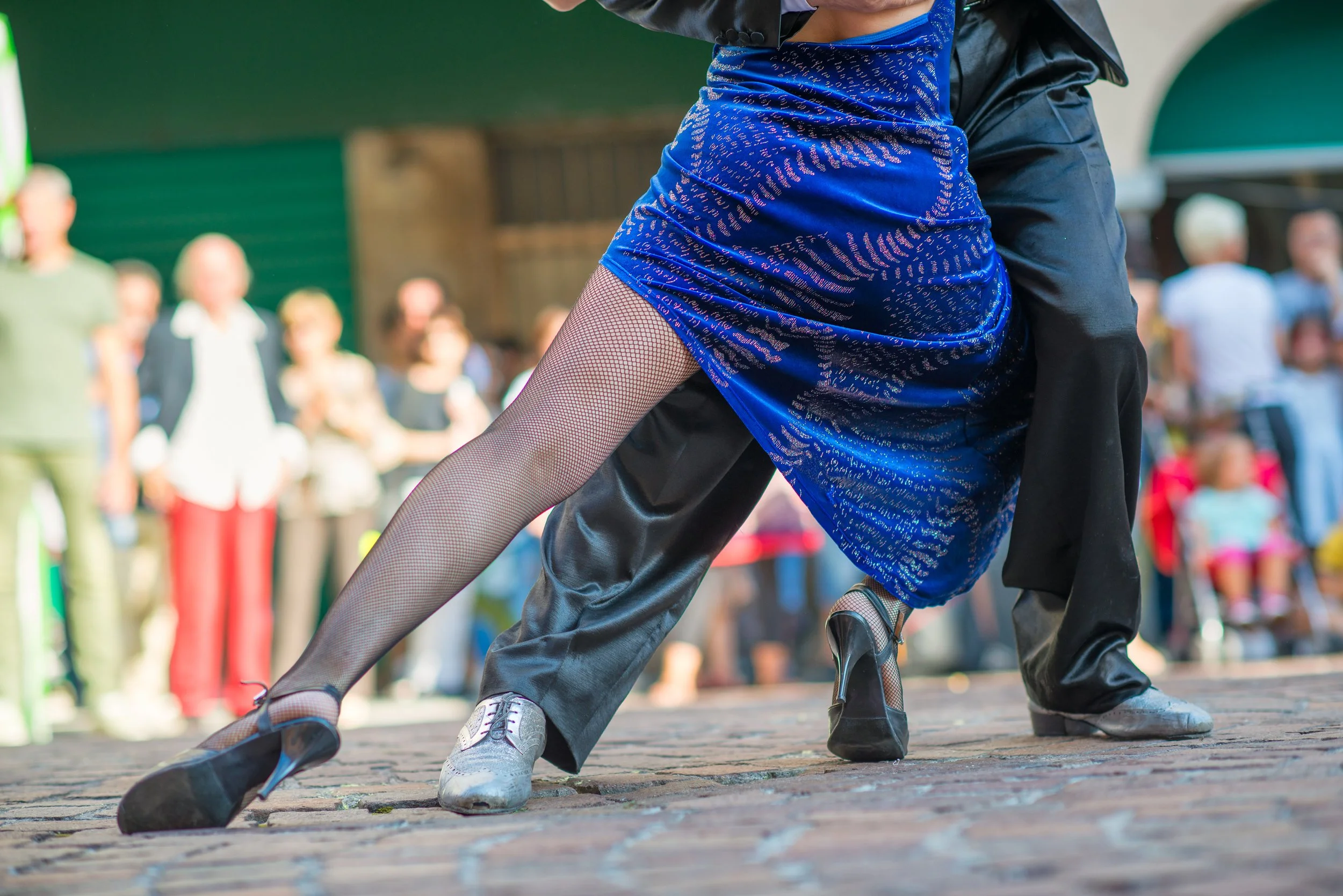…it was the photo of the red dress that resonated with her the most. The fluid movement of the dancer, her dress a cascade of crimson, had etched itself into Sarah's heart, evoking feelings she couldn't quite name but always longed to experience.
… He worked hard to provide a comfortable, calm life, she knew that. A life she couldn't have imagined creating on her salary. With him, she was safe. No man is perfect, but she felt he was as close to it as a woman approaching her forties could hope for. Traveling, children, and dreams could wait one more year. Good enough, she thought, looking at the half-cleaned stain on her shoes, the rest will wash away with the rain.
Read More




















